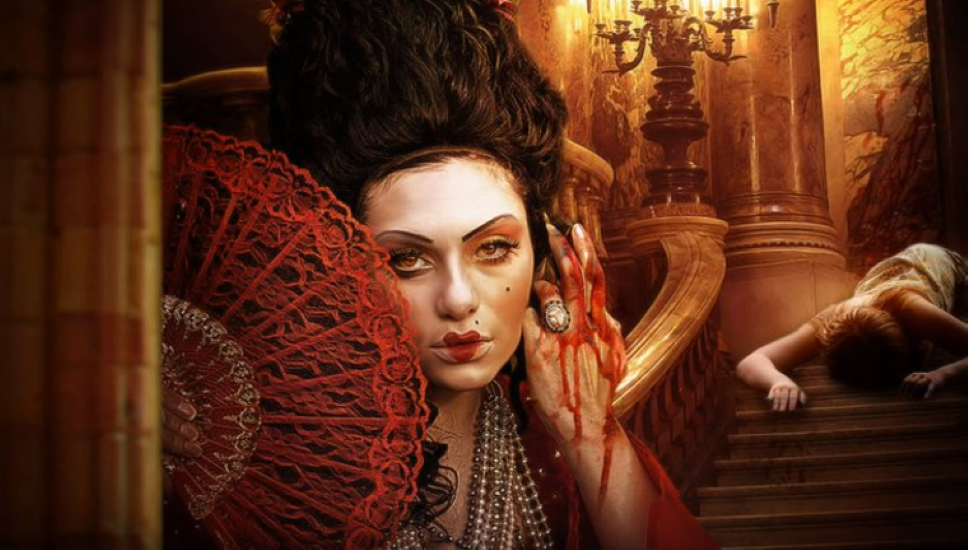Elizabeth Báthory, a name synonymous with dark legends and macabre tales, is often referred to as the “Blood Countess.”
Her story is steeped in mystery, horror, and gruesome allegations of vampirism.
Join us as we journey into the chilling history of Elizabeth Báthory and explore the claims that connect her to the vampire myth.

The Enigmatic Blood Countess
Elizabeth Báthory was born in Hungary in 1560 and grew up in a powerful and wealthy family.
She married Count Ferenc Nádasdy, a Hungarian noble, and together they lived in a castle in Čachtice, which is now part of modern-day Slovakia.
Elizabeth was known for her beauty, intelligence, and a deep fascination with the occult.
Allegations of Sadistic Cruelty
As Elizabeth’s wealth and power grew, so did the rumors surrounding her behavior.

It is said that she surrounded herself with mystics and alchemists and delved into dark practices. The most horrific allegations, however, revolve around her sadistic cruelty.
It is claimed that she tortured and killed numerous young servant girls in unspeakable ways.
The Gruesome Murders
According to historical accounts, Elizabeth Báthory believed that bathing in the blood of young virgins would preserve her youth and beauty.
This gruesome belief allegedly led to a series of murders in her castle, with victims numbering in the hundreds.
The details of these crimes are disturbing and have contributed to her notoriety.
Vampiric Allegations
The connection between Elizabeth Báthory and vampires lies in her purported fascination with blood and her quest for eternal youth.

Some stories claim that she was not merely seeking beauty but immortality, akin to the vampires of folklore.
This association with vampirism has cast a long and eerie shadow over her legacy.
Trial and Punishment
Eventually, the allegations against Elizabeth became too widespread to ignore. In 1610, she was arrested and put on trial.
While she was not convicted of vampirism, she was found guilty of numerous counts of murder and sadistic torture.
She was imprisoned in her castle, where she died in 1614, sealed in a bricked-up room.
Legacy and Myth
The legend of Elizabeth Báthory has endured for centuries, and her story continues to captivate the imaginations of authors, filmmakers, and historians.
Some argue that the allegations of vampirism were fueled by superstition and fear of a powerful woman, while others maintain that her heinous acts were the basis for vampire myths.
The story of Elizabeth Báthory, the Blood Countess, is a dark and unsettling chapter in history.
While the allegations of vampirism may never be definitively proven, they have added a layer of macabre intrigue to her legacy.
Elizabeth Báthory’s tale serves as a cautionary reminder of the potent intersection of power, cruelty, and the enduring allure of the vampire myth, where reality and legend blur into one chilling narrative that continues to haunt us to this day.























